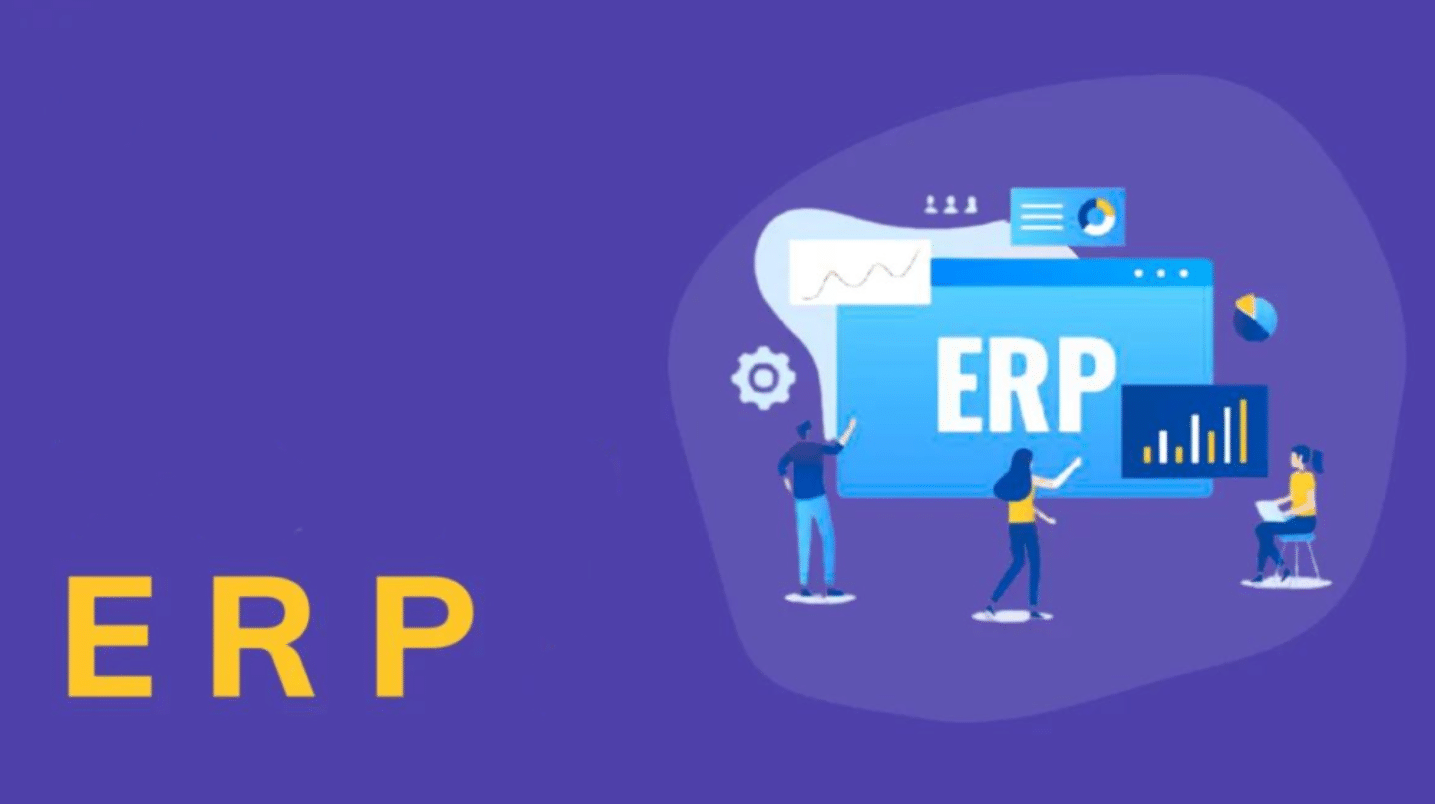Navigating the ERP Landscape – In the dynamic realm of commerce, the selection of an apt ERP (Enterprise Resource Planning) system is pivotal for streamlined operations and informed strategic planning. This exploration delves into the premier ERP systems shaping the industry, offering comprehensive solutions for businesses of varying scales.
Navigating the ERP Landscape
I. Deciphering the Role of ERP Systems
A. The Backbone of Business Operations
ERP systems are the cornerstone of contemporary business infrastructure, amalgamating diverse functions into a cohesive platform. They encompass critical areas such as finance, human resources, supply chain, and customer relations, enhancing operational efficiency through seamless integration.
B. The Cruciality of ERP System Selection
Choosing an ERP system is a decisive factor for businesses, influencing daily operations, scalability potential, and adaptability to the ever-changing market demands.
II. SAP ERP: A Market Vanguard
A. The SAP ERP Phenomenon
SAP ERP is renowned for its extensive functionality and adaptability. It serves a wide spectrum of businesses, delivering tailored solutions in finance, manufacturing, supply chain management, and beyond.
B. Distinguishing Features
SAP ERP is equipped with a suite of integrated modules catering to various business processes, including financial operations, human capital management, and procurement. These modules are bolstered by real-time analytics that provide actionable business insights.
C. Advantages
- A comprehensive suite of functionalities
- Scalable architecture suitable for all business sizes
- Advanced analytics and reporting tools
D. Limitations
- Considerable initial investment
- Potential complexity in implementation for smaller entities
III. Oracle NetSuite: Cloud-Powered Versatility
A. The Oracle NetSuite Solution
Oracle NetSuite emerges as a cloud-centric ERP solution designed with an emphasis on scalability and flexibility. It has gained popularity among burgeoning businesses desiring a consolidated platform for financials, CRM, and e-commerce operations.
B. Core Attributes
NetSuite’s hallmark features include instantaneous visibility, process automation, and scalable infrastructure. Its cloud-based framework ensures global accessibility, promoting collaboration in the modern, mobile work environment.
C. Benefits
- Cloud-native design for supreme flexibility and reach
- An all-encompassing suite of applications
- Robust e-commerce functionalities
D. Drawbacks
- Recurring subscription expenses
- Customization may necessitate specialized know-how
IV. Microsoft Dynamics 365: Integrated Business Applications
A. The Dynamics 365 Ecosystem
Microsoft Dynamics 365 presents a combined suite of business applications, merging ERP with CRM capabilities. It addresses the needs of various industries with modules dedicated to finance, sales, customer service, and more.
B. Signature Features
Dynamics 365 is characterized by its seamless integration with the Microsoft ecosystem, enhancing collaboration and operational efficiency. Its modular composition allows for bespoke system configuration to meet specific business requirements.
C. Pros
- Synergy with Microsoft applications
- Modular framework for tailored customization
- A unified solution for ERP and CRM needs
D. Cons
- Additional licensing may be required for specific modules
- The initial setup and personalization process may be extensive
V. Odoo: Open-Source Flexibility
A. The Odoo Experience
Odoo is recognized for its open-source nature, offering a flexible and intuitive ERP solution. It spans various business functionalities, including accounting, inventory oversight, and project administration.
B. Principal Features
Odoo’s modular construction permits businesses to commence with essential features and expand as necessary. It also provides an app marketplace for extended functionalities and personalization options.
C. Pros
- Open-source for flexibility
- User-friendly interface
- Extensive marketplace for add-on apps
D. Cons
- Limited support for complex manufacturing processes
- Some advanced features may require additional modules
VI. Infor ERP
A. Overview
Infor ERP stands out for its specialized solutions tailored to manufacturing, distribution, and healthcare industries. It’s committed to providing customized solutions that meet the unique demands of each sector.
B. Key Features
Infor ERP boasts a suite of applications engineered to meet the specific needs of industries. With options for both cloud-based and on-premise deployment, it offers versatility to suit the varied needs of businesses.
C. Advantages
- Solutions crafted for specific industries
- Versatile deployment models
- Strong support for intricate supply chain requirements
D. Disadvantages
- The user interface might not be as user-friendly for some
- Customizations could pose a challenge for users without technical skills
VII. Epicor ERP
A. Overview
Epicor ERP is designed for medium-sized enterprises, offering industry-specific solutions. It encompasses sectors like manufacturing, distribution, retail, and services, with custom modules for each.
B. Key Features
Epicor’s dedication to industry-specific solutions is its hallmark. It provides modules such as Epicor Kinetic for manufacturing, Epicor Eclipse for distribution, and Epicor Retail for the retail sector.
C. Advantages
- A focus on industry-specific needs
- Scalability suited for medium-sized enterprises
- Comprehensive reporting and analytics tools
D. Disadvantages
- Fewer ready-made integrations in comparison to rivals
- Technical know-how required for customization efforts
VIII. Selecting the Ideal ERP Solution
A. Factors to Evaluate
Selecting an ERP solution requires businesses to weigh aspects like scalability, industry compatibility, user-friendliness, and ongoing expenses. A detailed evaluation of particular business requirements is essential for a sound selection.
B. ERP Systems for Various Business Sizes
Investigate ERP systems that are customized for businesses of varying sizes. Consider SAP Business One for smaller enterprises, Oracle NetSuite for mid-sized companies, and SAP S/4HANA for larger organizations.
IX. Final Thoughts
A. Mastering the ERP Ecosystem
To wrap up, selecting an ERP system is a critical choice that profoundly influences a company’s operational efficiency and expansion potential. With options ranging from SAP ERP’s extensive features, Oracle NetSuite’s scalability, Microsoft Dynamics 365’s integration prowess, Odoo’s adaptability, and Infor ERP’s industry-centric approach to Epicor ERP’s bespoke solutions, companies must skillfully chart their course through the ERP ecosystem to succeed in the modern competitive landscape.

